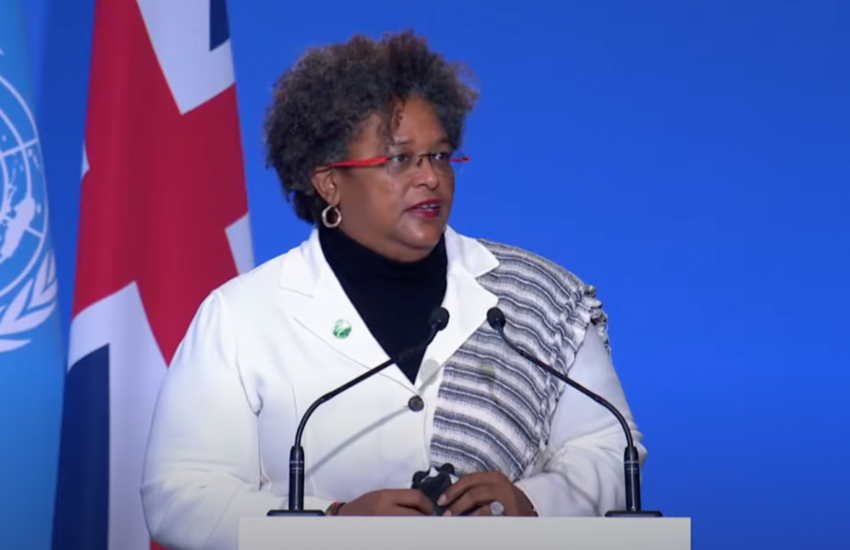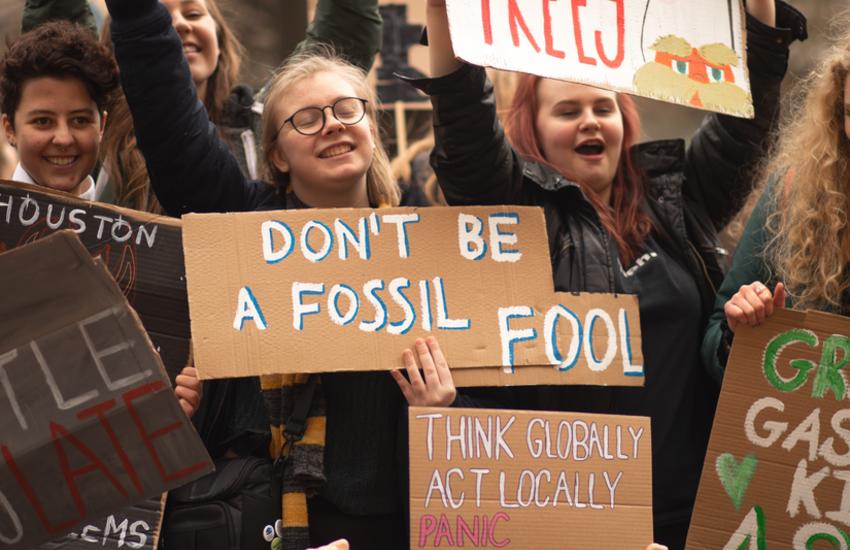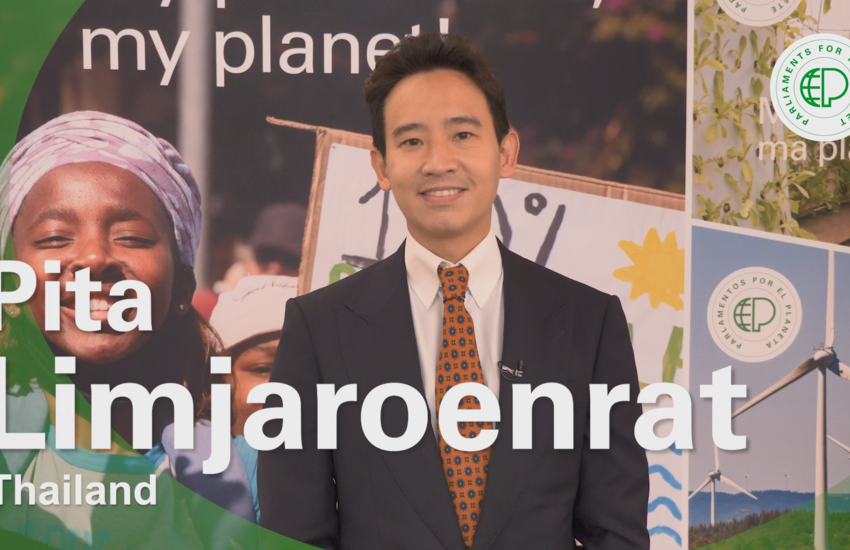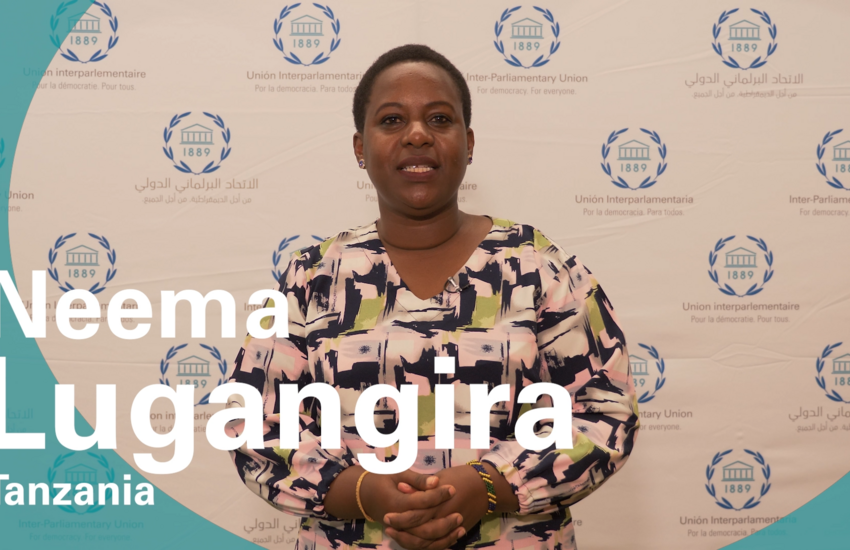As part of its Parliaments for the Planet climate campaign, the IPU is collecting examples of good practice from parliaments around the world. In this case study, we focus on the National Assembly of the United Republic of Tanzania.
In 2017, the National Assembly became paperless by digitalizing all its operations and processes. This had a positive impact on government operations, as Ministers and government officials must also digitalize whatever is brought to the attention of Parliament and its standing committees.
The National Assembly also launched a popular annual tree-planting campaign to raise awareness among the general public of the importance of carbon capture and to help lower temperatures in cities.
Over the years, the Parliament has enacted laws and ratified regional, continental and global conventions on climate change. In 2004, the parliament passed the landmark Environmental Management Act.
The Act provides a legal and institutional framework for sustainable management of the environment. It outlines the principles for management, impact and risk assessments, prevention and control of pollution, waste management, environmental quality standards, public participation, compliance and enforcement.
According to the Parliament, vibrant debates on environmental issues prompted the government to ban the use of plastic bags in 2019. More recently, the government has also embarked on a campaign to distribute more environmentally-friendly pressure cookers and gas cylinders to every constituency, with a view to raising awareness on the use of cleaner energy.
Find out more about the IPU’s campaign to mobilize parliaments to act on the climate emergency.












